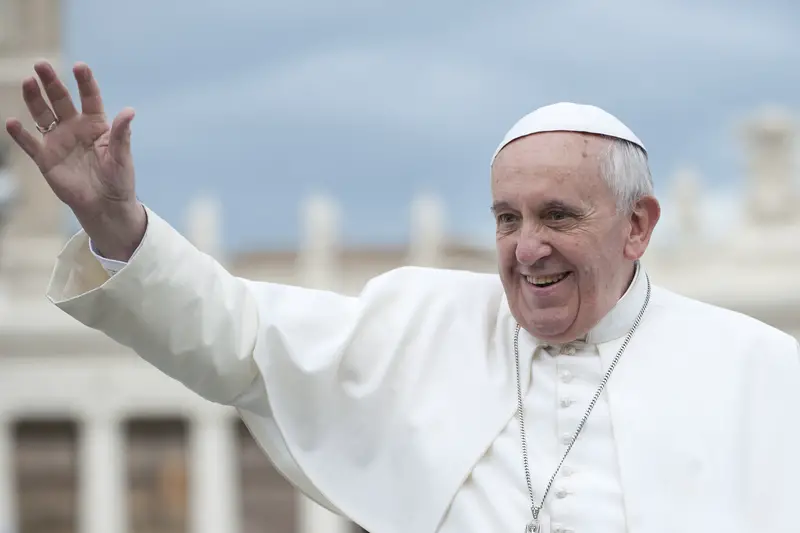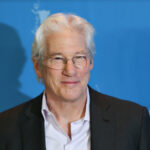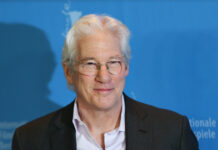In his forthcoming memoir “Hope,” slated for release on January 14, 2025, Pope Francis disclosed that there were two thwarted assassination attempts during his groundbreaking visit to Iraq in March 2021. This marks the first time these security incidents have been made public.
The memoir offers insights into how British intelligence services, upon detecting two serious threats to the Pope’s visit to Mosul, alerted Vatican security. Iraqi police successfully intercepted a woman wearing explosives and a fast-moving van before they could reach their desired targets.
“When I asked the (Vatican) Gendarmerie the following day what was known about the two bombers, the commander replied, ‘They are no longer there,'” wrote the Pope in an excerpt published by the Italian newspaper Corriere Della Sera. “The Iraqi police had intercepted and detonated them. That, too, was very striking to me. This, too, was the poisoned fruit of war.”
The Pope’s monumental visit to Iraq, the first by a pontiff to the country, took place amid high security due to ongoing sectarian conflicts and the COVID-19 pandemic. Pope Francis, aged 88 at the time, was resolute about making the trip to express his support for Iraq’s beleaguered Christian community, despite numerous advisors recommending against it.
The Vatican Gendarmerie and Pontifical Swiss Guard collaborated with local law enforcement to secure the Pope’s safety throughout the three-day visit in a country still home to covert jihadist cells. “Almost everyone advised against that trip,” the Pope noted in his memoir, yet he felt an obligation to confront the situation head-on.
During his visit to Iraq, Pope Francis held several significant meetings, including a historic encounter with Grand Ayatollah Ali al-Sistani, a leading figure in Shia Islam. This meeting in Najaf was a result of decades of Vatican groundwork that none of Pope Francis’ predecessors could realize.
The memoir, known as “Hope” in English and “Spera” in Italian, provides the first comprehensive account of these security threats. Originally intended for posthumous release, the memoir will now be issued to coincide with the commencement of the Jubilee celebration, a year of significant festivities for Catholics globally.
The Pope’s visit to Mosul was especially meaningful as the city had been extensively damaged during Islamic State control. Surveying the destruction from a vantage point, the Pope referred to the city as “an X-ray of hatred,” underscoring the severe effects of sectarian violence on the region.
The successful prevention of these assassination attempts had worldwide implications. If the plots had succeeded, it would have required the election of a new pope, possibly undermined the credibility of the Iraqi government, and potentially escalated religious tensions globally. This disclosure comes years after the previous assassination attempt on Pope John Paul II in Vatican City in May 1981.
Since his inauguration as the head of the Catholic Church in 2013, Pope Francis has embarked on over 40 overseas trips, continually promoting interfaith dialogue and reconciliation in regions affected by conflict.











